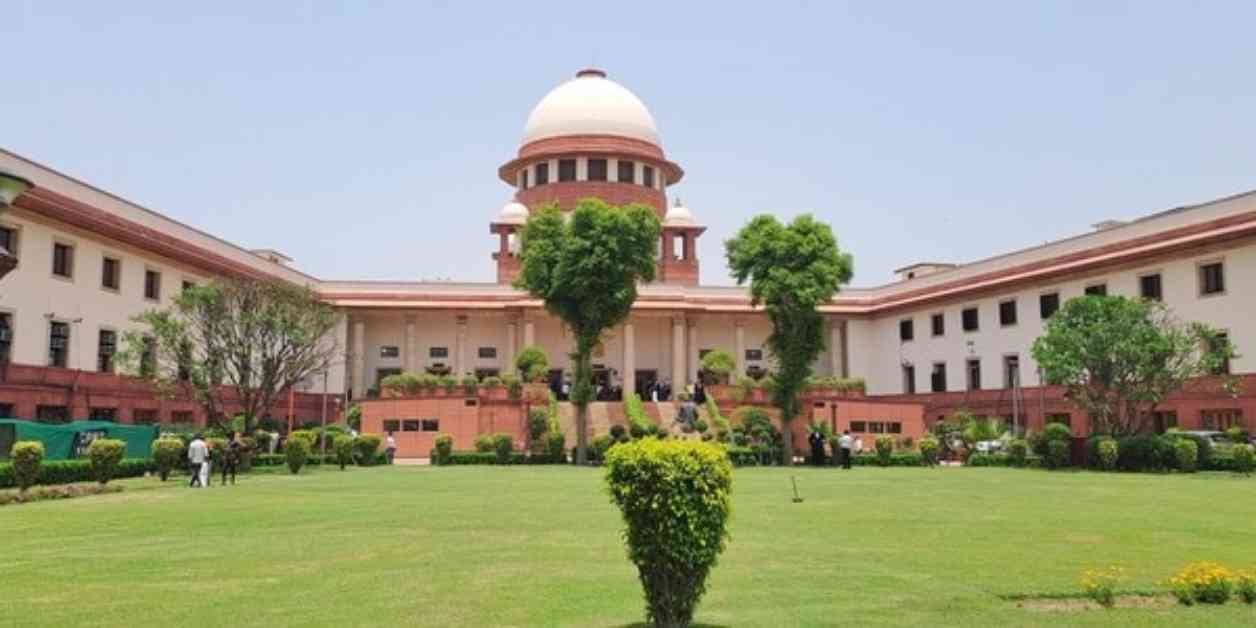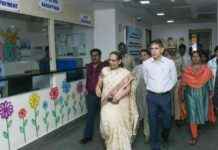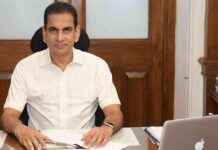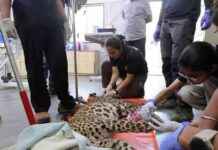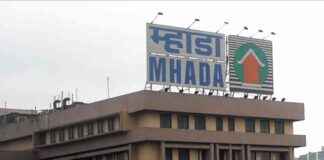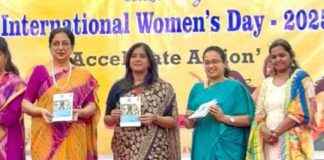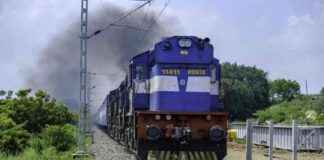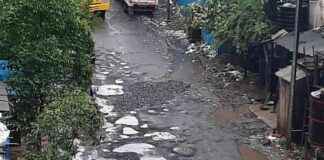Supreme Court to Address Kolkata Doctor Rape-Murder Case Plea on October 1
The Supreme Court has scheduled a hearing on October 1 for a case it initiated in response to the rape and murder of a resident doctor at the RG Kar Medical College and Hospital in Kolkata. This decision comes amidst ongoing protests by doctors in West Bengal, demanding justice for their colleague who fell victim to this heinous crime.
During Monday’s proceedings, a bench led by Chief Justice D Y Chandrachud and Justice JB Pardiwala was requested by a counsel representing one of the parties to expedite the hearing of the suo motu case, originally set for September 27, due to urgent reasons. The Chief Justice responded by stating, “We will list it for hearing on next Tuesday, that is October 1.”
The Supreme Court had expressed concern over the findings presented in a status report by the Central Bureau of Investigation (CBI) regarding the rape and murder case. However, it refrained from disclosing specific details, citing the potential risk of jeopardizing the ongoing investigation.
Moreover, the court has also sought a status report from the CBI on its inquiry into alleged financial irregularities involving Sandip Ghosh, the former principal of R G Kar Medical College and Hospital who is currently in custody. The court emphasized that the CBI must be given the necessary time to uncover the truth and ensure justice prevails.
The Supreme Court has reassured the protesting junior doctors in West Bengal to resume their duties, following assurances from the state government that no punitive actions will be taken against them. Additionally, the court has directed the investigating officer to carefully consider the valuable inputs provided by the father of the deceased doctor in the case.
Solicitor General Tushar Mehta, representing the CBI, has pledged to maintain communication with the deceased doctor’s parents and keep them informed of the progress in the investigation to address their legitimate concerns. The case, which began with the discovery of the medic’s body bearing severe injury marks on August 9, led to the arrest of a civic volunteer by the Kolkata Police the next day.
Subsequently, on August 13, the Calcutta High Court ordered the transfer of the investigation from the Kolkata Police to the CBI, which commenced its inquiry on August 14. The Supreme Court’s involvement in the case underscores the gravity of the situation and the need for swift and fair justice for the victim and their family.
Challenges and Progress in the Investigation
The Supreme Court’s decision to intervene in the Kolkata doctor rape-murder case reflects the complexities and challenges involved in addressing such heinous crimes. The case has raised significant concerns regarding the safety and security of healthcare professionals, especially in the state of West Bengal.
The findings presented by the CBI in its status report have highlighted disturbing aspects of the case, prompting the court to take proactive measures to ensure a thorough investigation and justice for the victim. The involvement of multiple stakeholders, including the judiciary, law enforcement agencies, and the medical community, underscores the importance of a coordinated effort to address such crimes effectively.
The transfer of the probe from the Kolkata Police to the CBI further underscores the need for an impartial and independent investigation into the case. The Supreme Court’s directive to consider the inputs provided by the victim’s father demonstrates a commitment to ensuring that all relevant information is taken into account during the investigation process.
Ensuring Justice and Accountability
The Supreme Court’s decision to hear the Kolkata doctor rape-murder case plea on October 1 signifies a step towards ensuring justice and accountability in this tragic incident. The court’s proactive approach in addressing the concerns raised by the CBI’s status report reflects a commitment to upholding the rule of law and safeguarding the rights of the victim and their family.
The involvement of various stakeholders, including the CBI, the state government, and the medical community, highlights the need for a comprehensive and coordinated response to address the challenges posed by such crimes. The Supreme Court’s direction to resume work for protesting junior doctors underscores the importance of maintaining essential healthcare services while seeking justice for the victim.
Moving forward, it is imperative that the investigation into the Kolkata doctor rape-murder case is conducted with diligence, transparency, and accountability to ensure that the perpetrators are brought to justice. The Supreme Court’s oversight and guidance in this case serve as a beacon of hope for justice and reform in addressing crimes against healthcare professionals.
